Billionaire Donates One Billion to Help Save The Planet
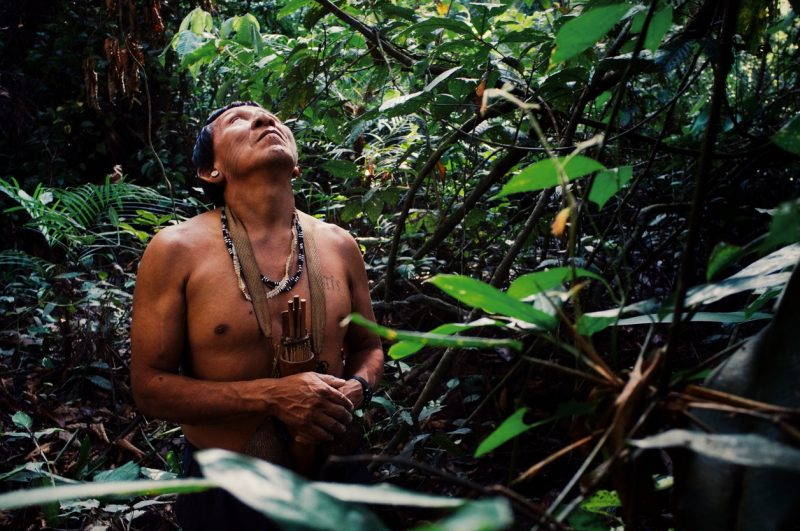
At 83 years old, Swiss billionaire Hansjörg Wyss could be forgiven if he chose to live out the rest of his life in a style befitting his wealth. However, for his outstanding Business and Philanthropic Leadership achievements, Wyss received the honor of being elected to membership of the American Academy of Arts and Sciences earlier in 2019.
He built a major corporation, Synthes, from the ground up and made his fortune selling it off later in life. But Wyss was apparently not satisfied with his accomplishments, even at this point in his life.
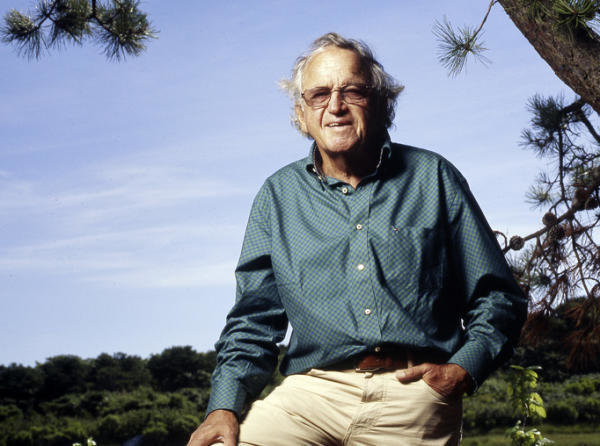
In late 2018, in an opinion post published in the New York Times, Wyss pledged to donate $1 billion to generate and accelerate conservation efforts around the globe.
As he expressed in his article, “Every one of us – citizens, philanthropists, business, and government leaders — should be troubled by the enormous gap between how little of our natural world is currently protected and how much should be protected. It is a gap that we must urgently narrow before our human footprint consumes the earth’s remaining wild places.”
Wyss is no stranger to this effort. In the past twenty years, his charitable foundations have already donated over $450 million to support local efforts on four continents to help preserve over forty million acres of land and water.
He wants us all to understand the urgency of this situation, explaining that human-influenced climate change is impacting ecosystems around the world. As a result, plants and animals are going extinct at an alarming rate. He goes on to note that our industries are endangering natural systems, both land and water, and are moving further into the wild.
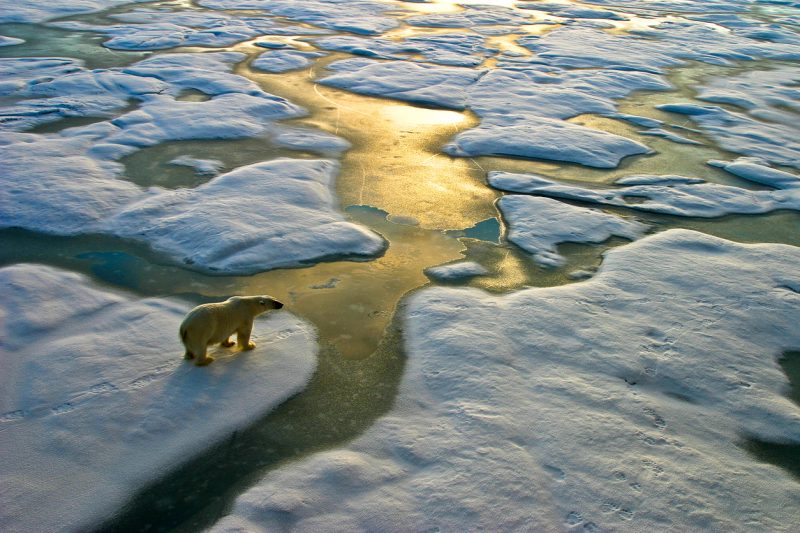
Wyss is a firm believer in a conservation model developed in the United States in the late 1800s. Rather than let continued development expand into our natural areas, a national park system was initiated, with the first of many, Yellowstone National Park, created in 1872. In this way, the areas are protected from development and misuse while at the same time allowing the public the opportunity to visit and enjoy their beauty.
Since that time, over 15% of the Earth’s land and 7% of its oceans have been protected in a similar manner. These national parks – including Yellowstone, the Grand Canyon, and others – also serve to generate economic benefits from the tourism they create, giving aid to local and national economies.
The goals of the Wyss Campaign for Nature are clearly stated on their web site: “The campaign’s goal is to help conserve 30% of the planet in a natural state by the year 2030 by creating and expanding protected areas, establishing more ambitious international conservation targets, investing in science, and inspiring conservation action around the world.”
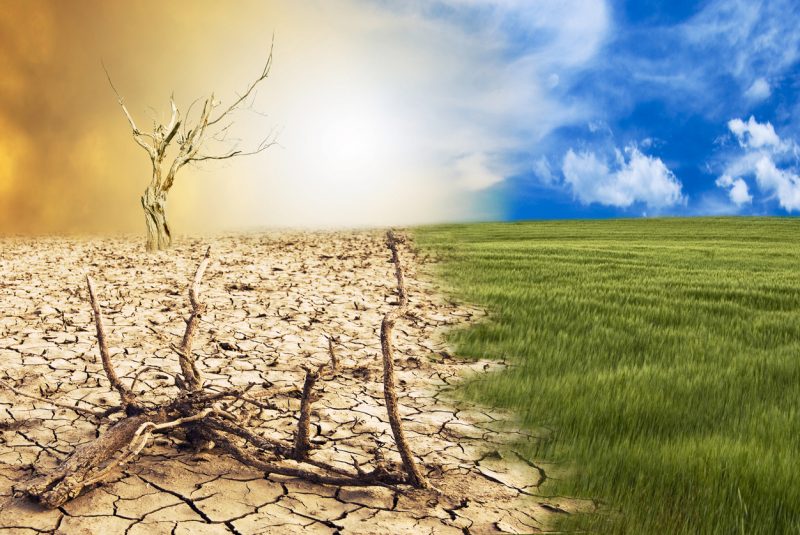
But Wyss and others believe that even this might not be enough to save the planet. Harvard biologist Edward Wilson, referenced in the New York Times article, has concluded that at least half the planet needs to be protected to protect our wildlife and plant species.
Estimates are that species are disappearing at a rate 1000 times faster than they were before human beings evolved on the planet.
A global community, the Convention on Biological Diversity, is a program involving 190 different countries. Their goal is to establish global goals for conservation, land and ocean protection, and safeguarding the ecosystem. Wyss has challenged this organization to protect a minimum of 30% of the earth’s sea and turf by 2030, using the billion-dollar funding he has committed to jump-start their efforts.
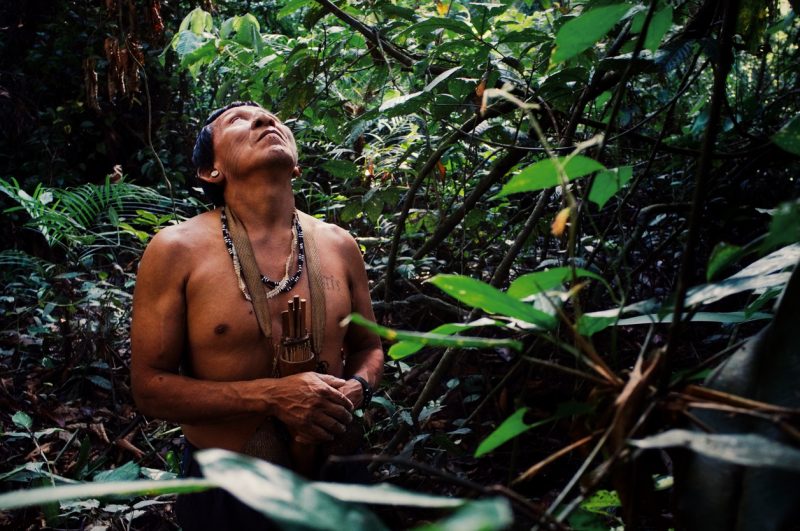
Wyss’s interest in conservation dates back to his youth, when he spent time in the US climbing and hiking in the Rocky Mountains on public land.
This later led to his firm belief that conservation of an area is best left to local communities and governments, and, in some cases, the indigenous tribes that populate them. In his article, he references specific projects such as Montana’s Crown of the Continent as indications that success is possible.
In the summarization of his opinion piece, Wyss makes sure it is understood that, while he may be supplying some funding, it cannot be his effort alone to save the planet.
Another Article From Us: How Big Were the Redwoods That Fell?
He states, “For the sake of all living things, let’s see to it that far more of our planet is protected by the people, for the people and for all time.”
